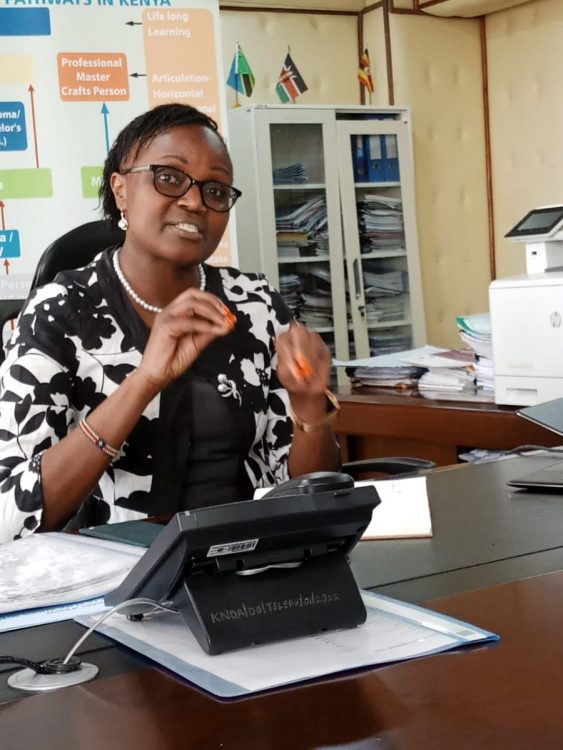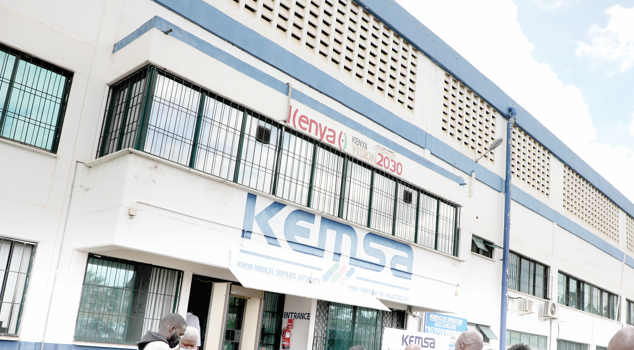What KNQA is doing to improve qualifications system

The Kenya National Qualifications Authority (KNQA) is working to improve education and job opportunities in Kenya. They’re doing this by creating a system called the Qualifications Framework (QF).
This system helps make sure that the skills and knowledge people learn in school or training are useful for jobs and recognised both in Kenya and other countries.
The KNQA is working with other organisations to make this system better. They’re partnering with groups like the South African Qualifications Authority (SAQA) and countries in the Intergovernmental Authority on Development (IGAD) region.
They’re also part of a bigger project called the African Continental Qualifications Framework , which aims to make it easier for people to use their qualifications across different African countries.
Recently, a team from the KNQA, including leaders and government officials, went to South Africa to learn from SAQA. SAQA has been doing this kind of work since 1995 and has a lot of experience.
They’ve found ways to connect different types of education, like general education, job training, and university education, into one system. This visit was a chance for the Kenyan team to see how a successful system works and get ideas for improving their own.
The KNQA is also helping other countries in their region. They’re working with IGAD, which includes eight countries in the Horn of Africa.
These countries face challenges in providing good education, especially for people who have had to leave their homes due to conflicts or disasters. IGAD is creating its own regional qualifications framework, and Kenya is helping to lead this effort.
One important part of the KNQA’s work is recognising skills that people have learned outside of formal education. This is called Recognition of Prior Learning.
It’s a way to give credit for skills people have picked up through work or life experiences, even if they don’t have formal certificates.
The KNQA’s work is important for several reasons. It helps make sure that what people learn in school or training is actually useful for jobs. It also makes it easier for people to move between different types of education or training.
For example, someone might start with job training and then move to university studies. This flexibility is crucial for adapting to changing job markets and personal circumstances.
Additionally, the KNQA’s work helps employers understand what skills job applicants have. By creating a clear system of qualifications, employers can more easily assess potential employees’ abilities and knowledge.
This benefits both job seekers and employers, leading to better matches in the job market.
The KNQA is also working to make it easier for people to use their qualifications in other countries, which can help them find jobs abroad.
This international recognition is increasingly important in our globalised world, where people often seek opportunities beyond their home countries.
Another key aspect of the KNQA’s approach is that it includes different types of learning, not just traditional school education. This comprehensive view recognises that valuable skills and knowledge can be gained through various experiences, not only in classrooms.
The KNQA is working to make the education system in Kenya clearer and more organised. They’re setting standards to make sure the education and training people receive is high quality.
They’re also trying to make it easier for people to understand different qualifications and how they compare to each other.
This work is part of a bigger effort to improve education across Africa. By working together with other countries and organisations, the KNQA is helping to create a system where qualifications from Kenya are recognised and valued both at home and in other countries.
In the future, the KNQA plans to continue working with other organisations to improve this system. Their goal is to make sure that qualifications from Kenya are recognised around the world, helping Kenyans compete for jobs globally.
This ongoing effort reflects a commitment to continuous improvement and adaptation to the changing needs of the education sector and job market.
— The writer is the Director General of the Kenya National Qualifications Authority; directorgeneral@knqa.go.ke












